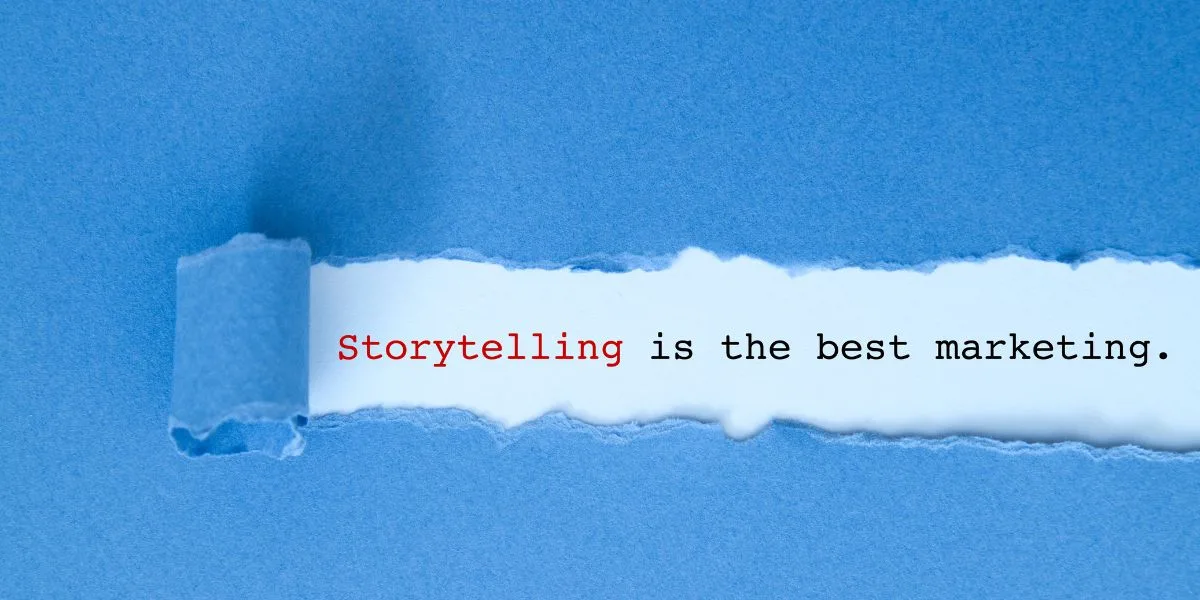Listen to this Article
Artificial Intelligence. It’s at the forefront of conversations lately. In a short time, AI revolutionized marketing in search engines, design, and content writing. And the changes are sure to continue into the future as AI becomes more adept at human language and behavioral patterns. So, how does AI play into current marketing trends, and how will AI change the marketing landscape? Let’s find out.
Understanding Artificial Intelligence
What is Artificial Intelligence? Basically, it’s the replication of human intelligence through computers. They are coded to think and learn and respond as humans do. This enables artificial intelligence to carry out tasks usually managed by humans. But now, and as AI improves over time, computers can and probably will take over many of these tasks.
Benefits of AI Marketing
Monitoring and tracking marketing is necessary to know what’s working and what’s not. Because of this, so much marketing involves crunching numbers, finding patterns, and tracking customer wants. But what if we could do it faster, more accurately, and without human error? Here’s where AI in marketing enters the conversation.
AI can streamline marketing by using complex algorithms to recognize consumer behavior, trends, and interactions and use that information to track future outcomes and strategies. With AI in marketing, professionals can improve their relationships with their consumers and provide even more engagement, conversions, and loyalty.
Like so many technologies we use to simplify our lives and workload, AI in marketing has many benefits. These include:
Improved Efficiency
Let’s be honest – computers can process more data over time than humans. Diverse marketing operations like data analysis, content generation, customer segmentation, and forecasting are all processes AI can do seamlessly. This alleviates the need for marketers to do these processes and allows teams to focus more on managing and overseeing the results.
Cost Savings
By automating time-consuming tasks, AI marketing solutions can help companies save money by reducing the need for human resources. Plus, it can help marketing teams increase their productivity by identifying high-value opportunities and minimizing wasted ad spend.
Personalization
80% of consumers are more likely to buy from a company that provides a tailored experience. It’s just that simple – the more prospects feel seen, understood, and appreciated, the more likely they are to buy your services. And with AI marketing, personalization can be done more accurately and simply. AI can identify individual preferences, behaviors, and experiences and deliver them right when the consumer needs them.
Better Customer Engagement
Current and future clients all matter when it comes to marketing. With AI marketing, companies can efficiently connect and engage with consumers, maintaining relationships and providing options for upselling. Companies can improve customer engagement, loyalty, and retention by delivering personalized content and offers.
Applications of AI in Marketing
Now that we know what AI is and how it’s used in marketing let’s discuss what applications you’re most likely to see and interact with AI. There are several applications of artificial intelligence in marketing, including:
Customer Segmentation & Personalization
In marketing, AI can seamlessly determine patterns and connect similar consumers based on their characteristics, behaviors, and preferences. This data allows companies to further personalize messages in their content, offers, and messaging. And that means higher engagement and conversion rates. AI algorithms can analyze customer data to identify patterns and group customers based on their characteristics, behaviors, and preferences. This allows companies to deliver personalized messages and offers to specific customer segments, resulting in higher engagement and conversion rates and improved customer loyalty.
Content Creation, Optimization & Predictive Analysis
Using that customer segmentation, AI in marketing can analyze customer data and write timely content that resonates with the target audience. Better headlines, eye-catching images, and the perfect call-to-action all help companies drive more engagement. This can be used in blogs, emails, websites, and social media marketing. With AI in marketing, teams get better, more accurate data on their target audience and can make adjustments to meet them right where they are.
Chatbots and Voice Assistants
Perhaps the first and most familiar application for AI in marketing is AI-powered chatbots and voice assistants. These unique systems can provide customers with personalized support and assistance without taxing human resources. They can answer customers’ questions, recommend products, and provide information about company policies and procedures.
Challenges in AI Marketing
Challenges come with every advancement, and AI is no exception. How safe is the information that AI in marketing captures? It’s up to the company to ensure they collect and use customer data in compliance with regulations and ethical standards, including privacy, bias, and accountability. Transparency is vital for businesses using AI in marketing and ensuring AI algorithms are used respectfully and ethically.
As everyone is aware, one of the significant downsides of AI in marketing is the potential for unfair or discriminatory outcomes. Make sure to prioritize that algorithms are audited to identify and mitigate any potential ethical biases.
Future of AI Marketing
The future for AI in marketing is bright and brimming with potential. Along with customer segmentation, content optimization, and personalization, AI in marketing will branch out into more and more areas of today’s workload. As AI continues to advance, more and more functionality is sure to become the norm, and businesses will continue to benefit from the massive amount of consumer data and retention possible.










